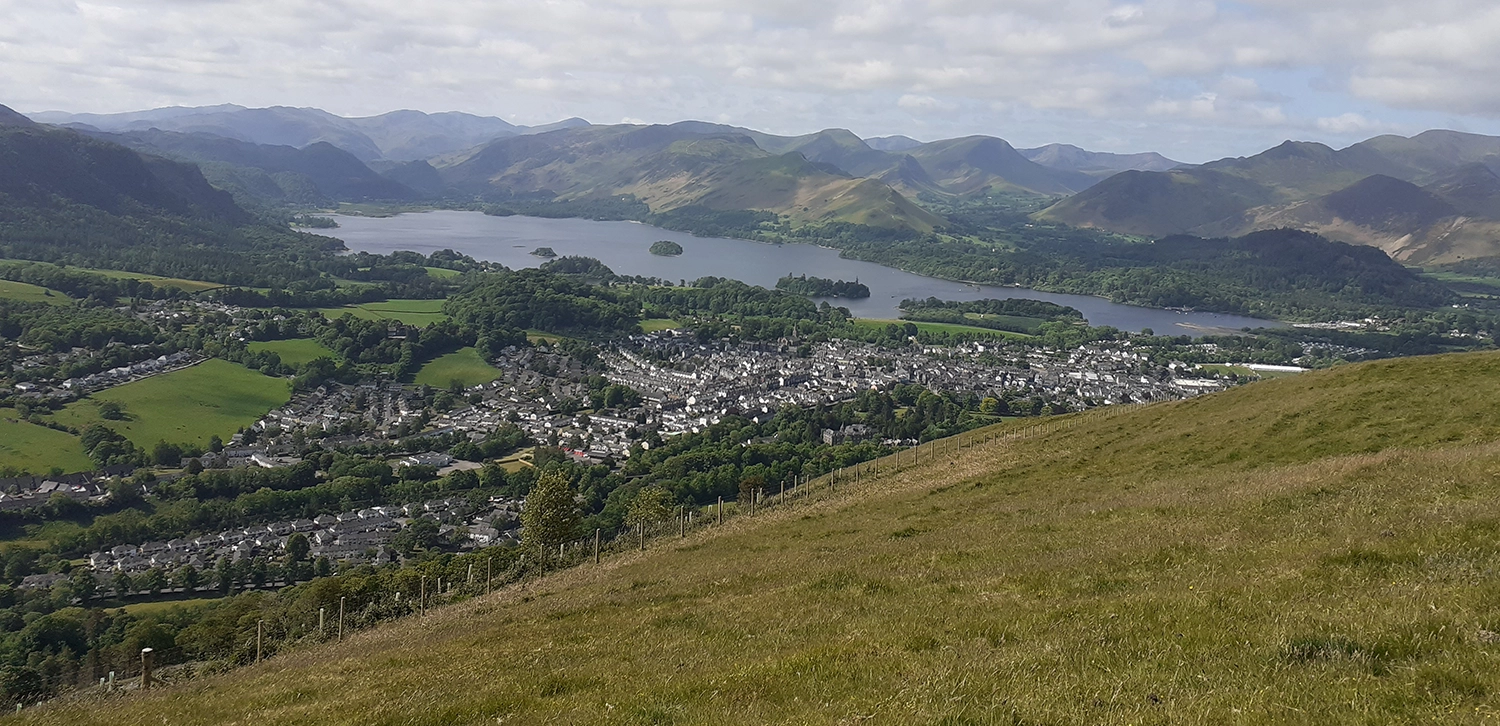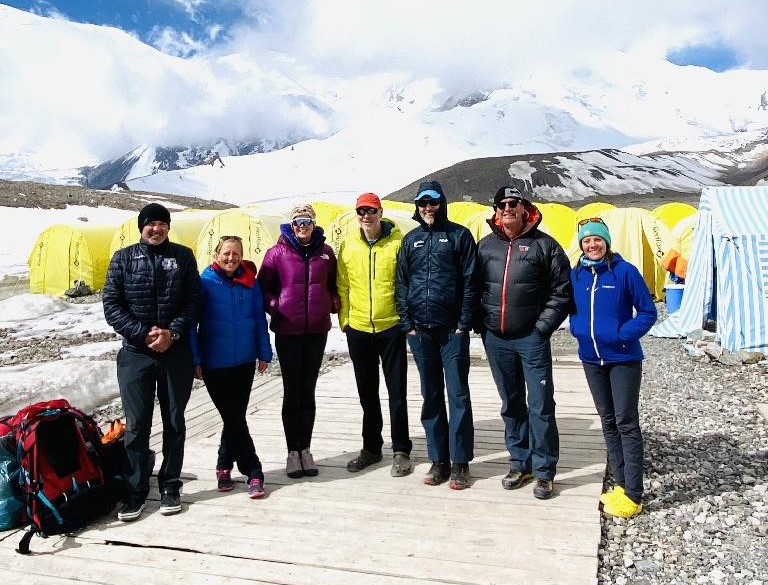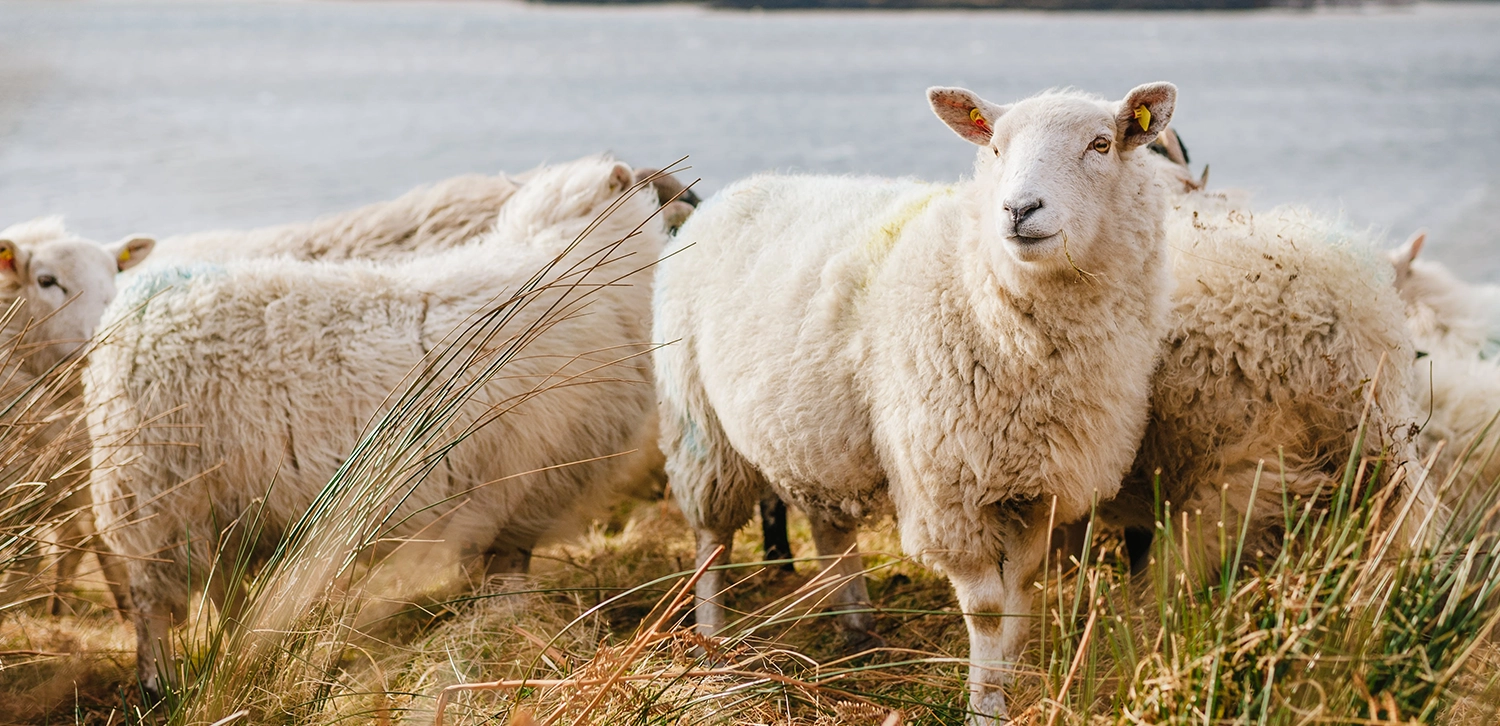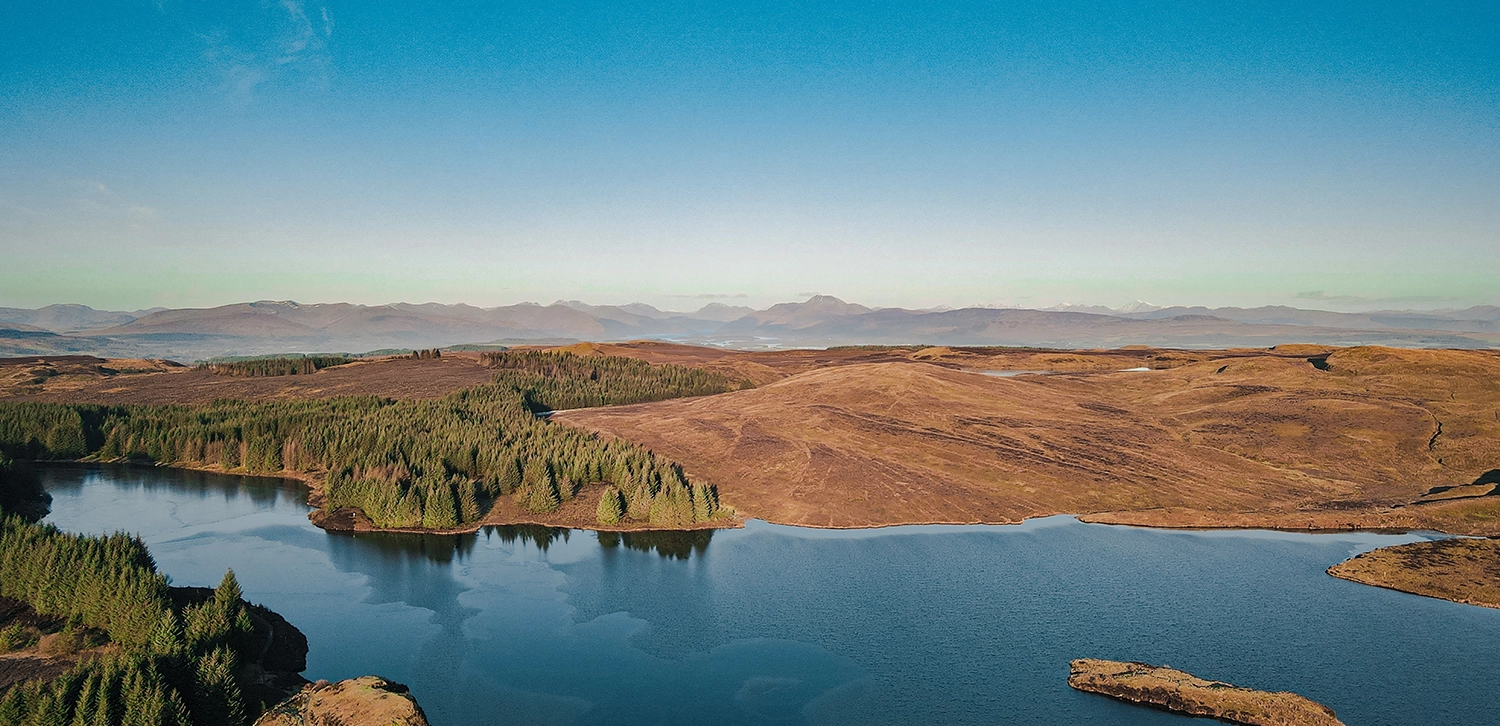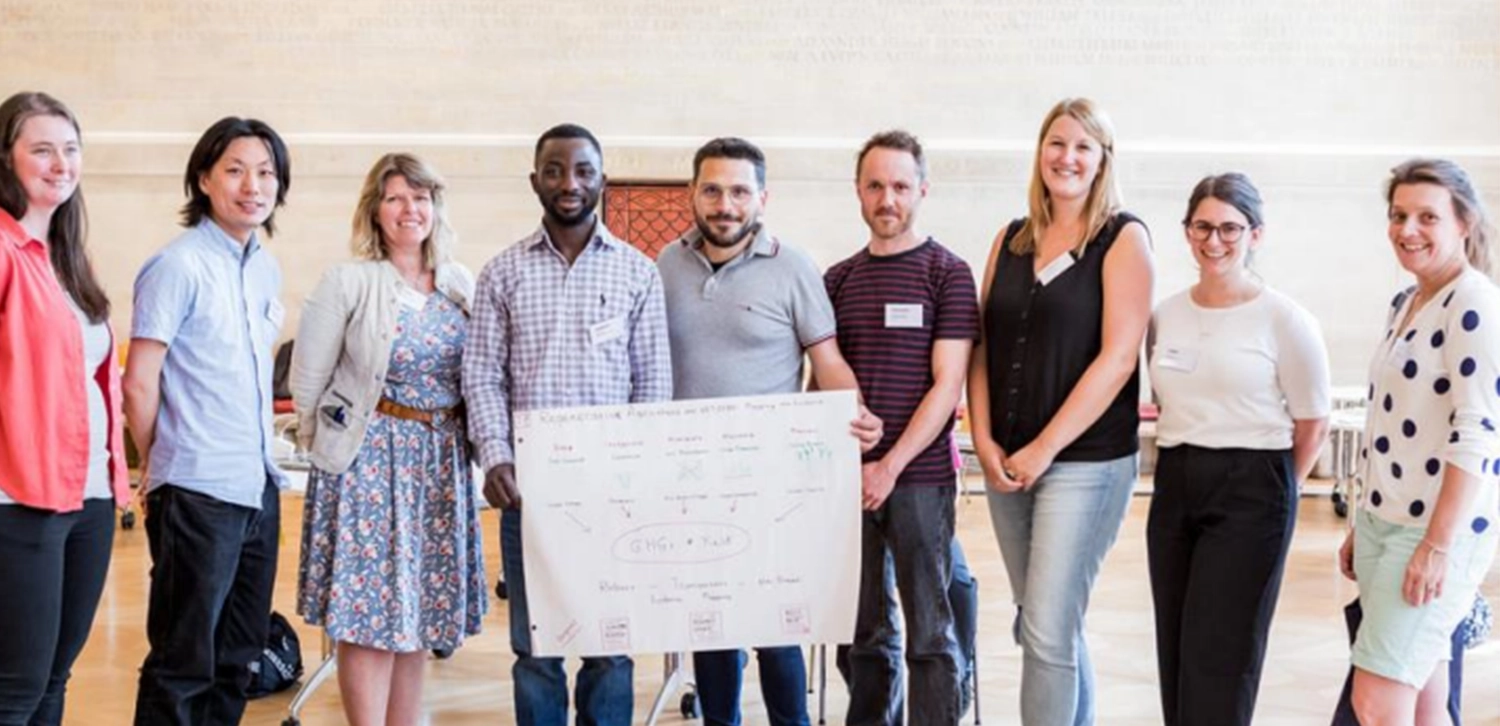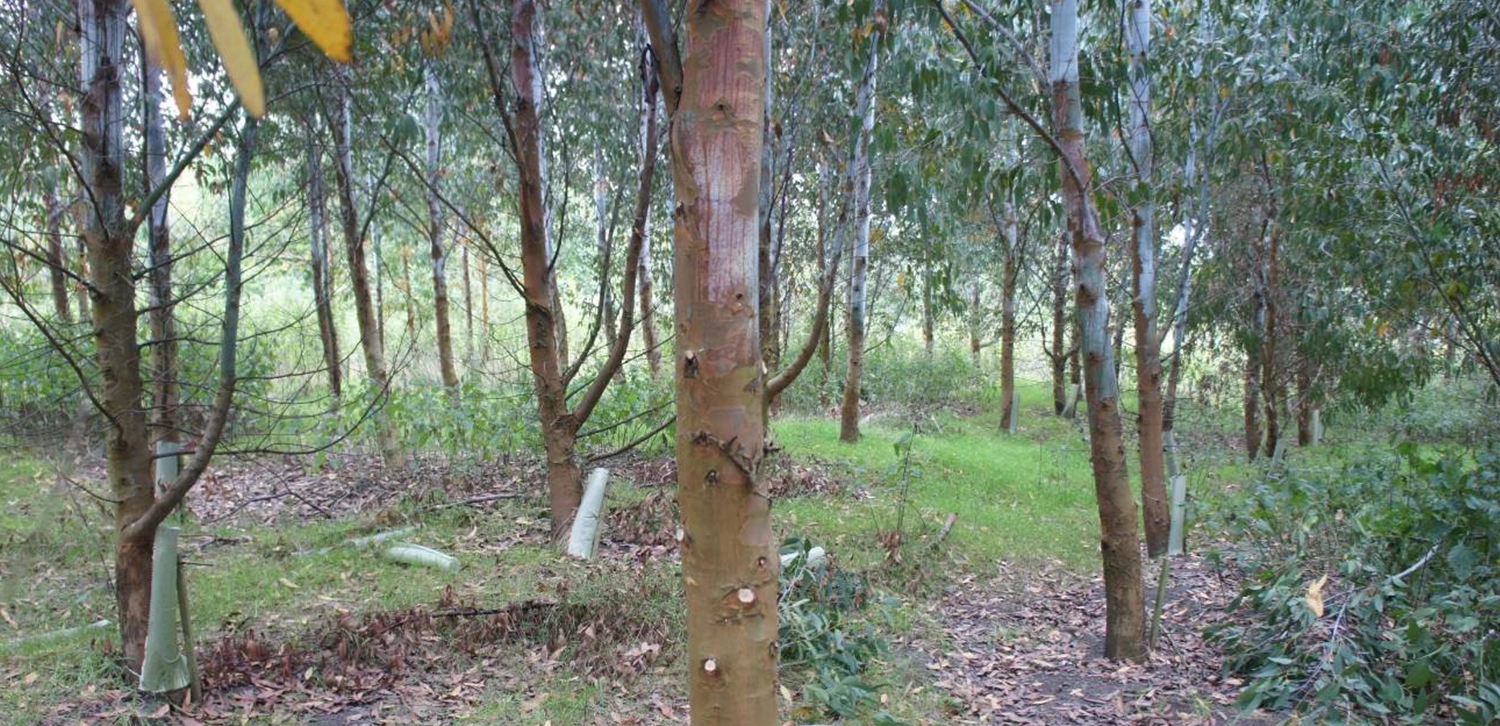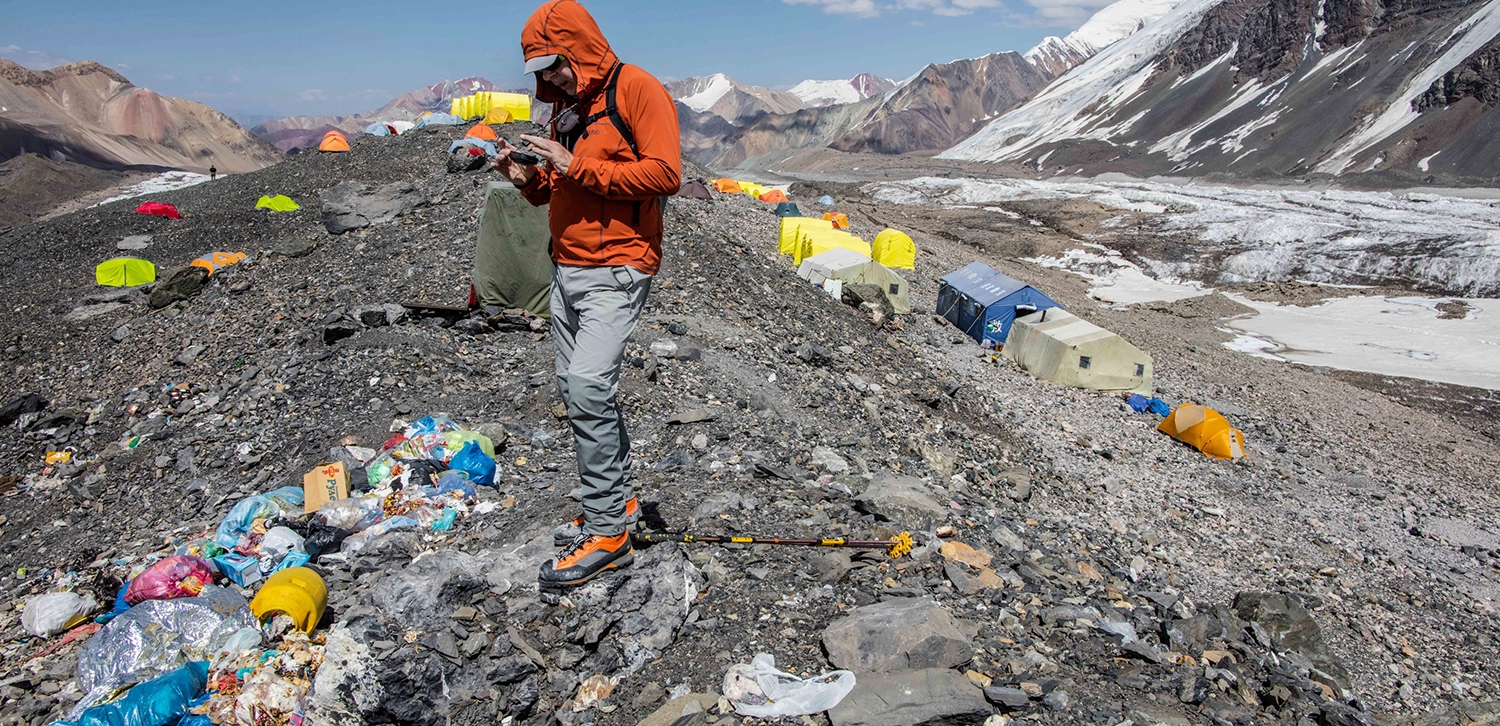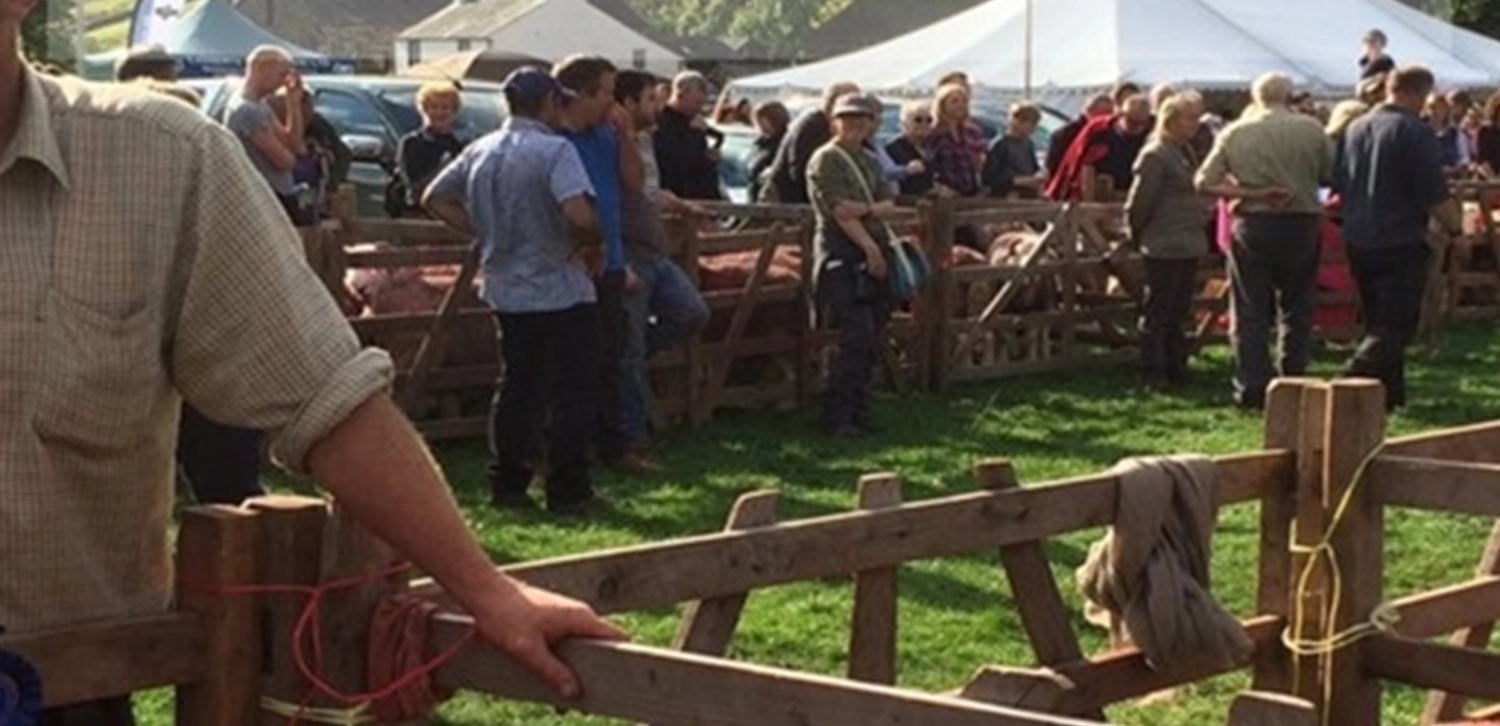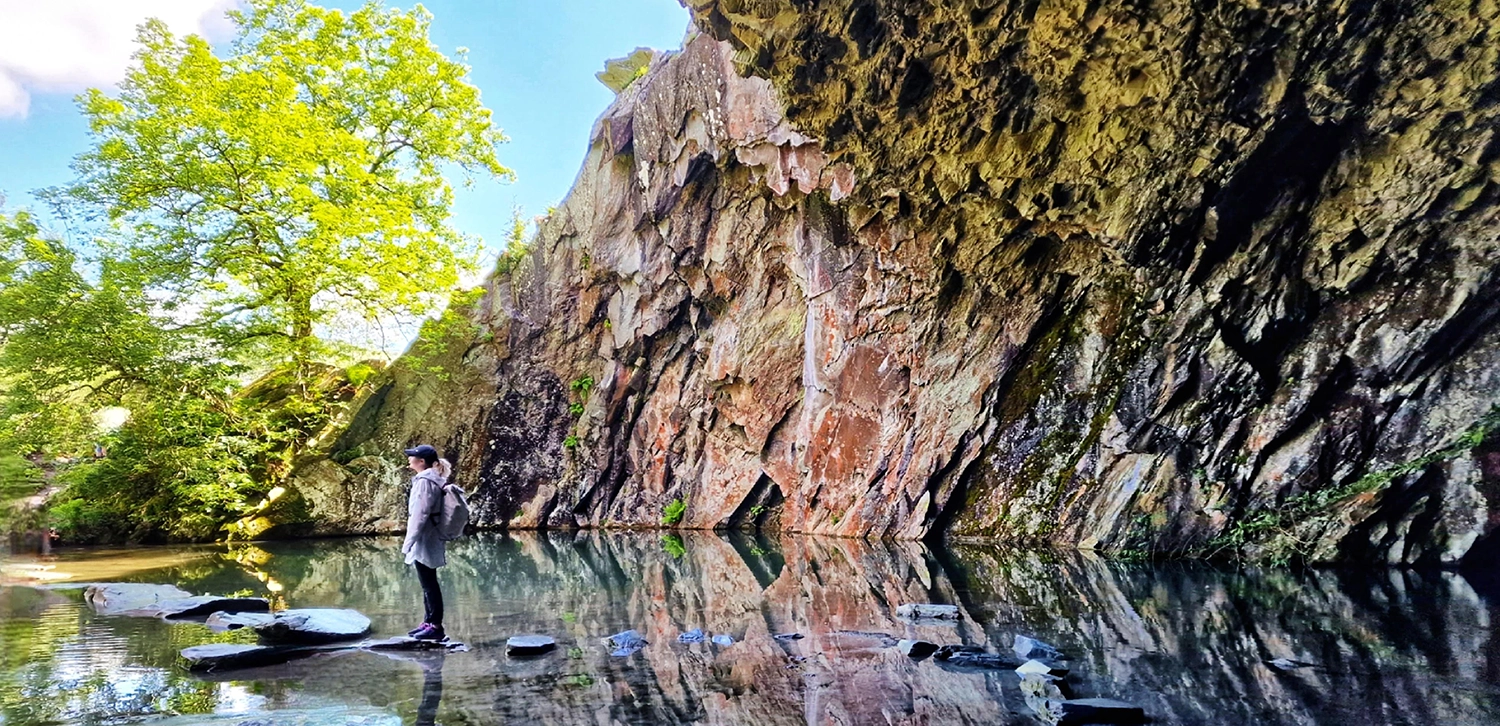
Rural and Visitor Economy
Theme Lead: Dr Angela Anthonisz
The rural and visitor economy theme adopts a transformational business philosophy that encourages the development of innovative thinking and identification of contemporary approaches to managing the natural, cultural and heritage resources across the sector in Cumbria, but also at a national and international level. Our aims are to showcase local business, support business growth, encourage knowledge exchange, contribute to the research agenda and identify best practice in sustainable planning and management. This is based on an appraisal of the mixed economy and the contributions each sector makes to sustainable rural environments.





